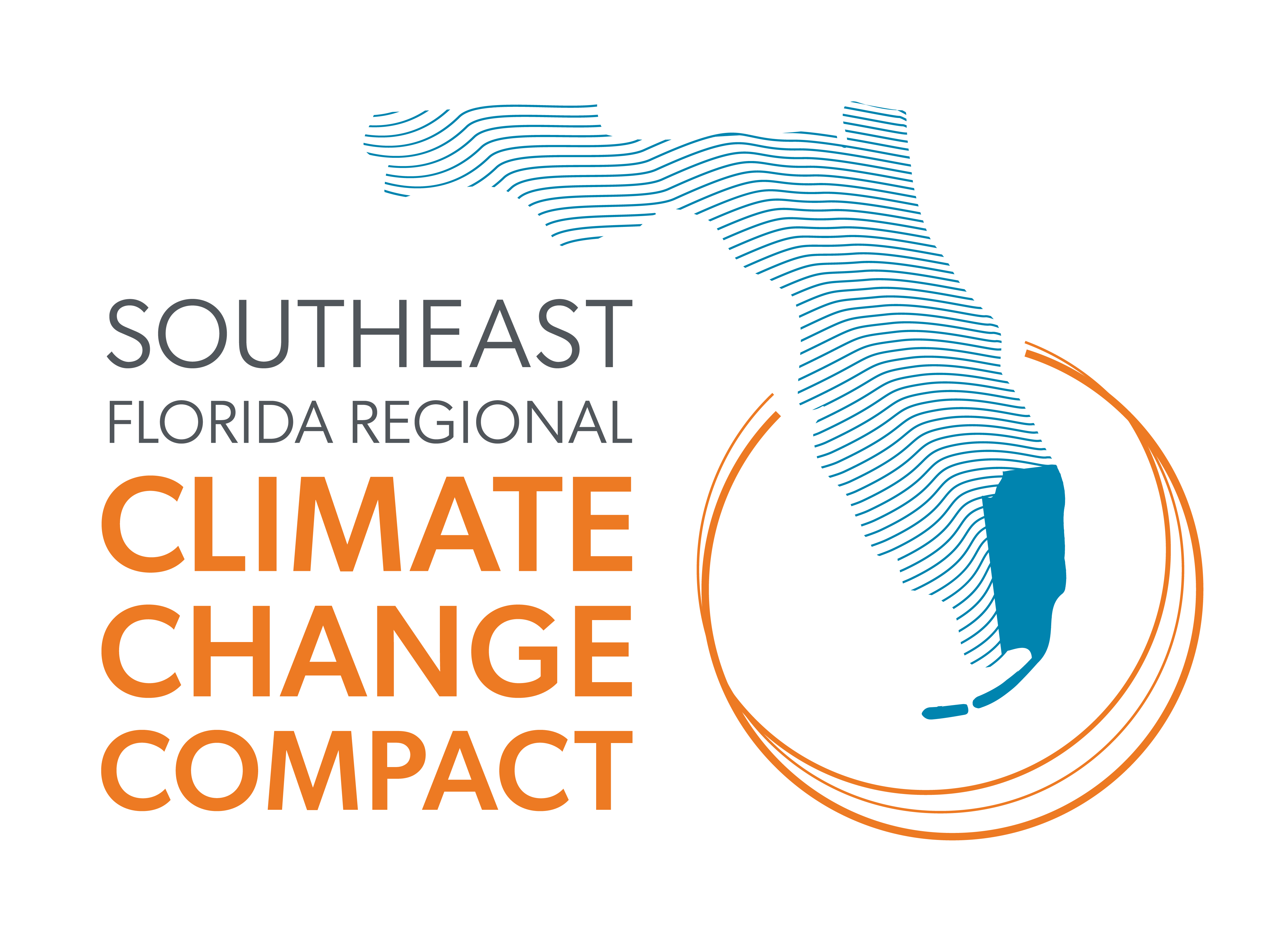Implement heat mitigation and management strategies that reduce extreme heat exposure and prioritize interventions in areas most vulnerable to heat and among populations least able to manage heat risks.
STRATEGIES
PH-3.1 Increase the use of urban tree canopy in addition to other green infrastructure within the urban environment to reduce extreme heat and provide shade. Local governments should engage local communities to avoid unintended consequences of potential tree plantings.
IMPLEMENTERS: local governments, community-based organizations
STATE/FEDERAL PARTNERS: FDOT
PH-3.2 Assess current public and private emergency utility assistance funds and supplement funds as needed to reduce the risk of indoor heat exposure. Promote and expand programs that reduce long-term need, such as weatherization assistance.
IMPLEMENTERS: community action agencies
STATE/FEDERAL PARTNERS: DEO
PH-3.3 Require reflective paving and roofing materials, increased vegetation on and around buildings and building practices that promote passive cooling to reduce the urban heat island effect.
IMPLEMENTERS: local governments
STATE/FEDERAL PARTNERS: Florida Building Commission
PH-3.4 Adopt policies like frequent breaks and increased water access that protect people who work and play outdoors from extreme heat, especially when compounded with high humidity. Local governments should lead by example through consideration of workplace heat standards and protocols.
IMPLEMENTERS: local governments, private employers, school districts, organized sports leagues
STATE/FEDERAL PARTNERS: FDOH
PH-3.5 Conduct a county/citywide heat vulnerability analysis with an emphasis on identifying the populations most vulnerable to heat illnesses.
IMPLEMENTERS: local governments
PH-3.6 Revise existing Comprehensive Emergency Management Plans to include an annex on health impacts from a changing climate and ensure it integrates considerations for compounding events that exacerbate extreme heat like power outages. These considerations should also include plans for energy redundancies like backup power for critical areas and facilities.
IMPLEMENTERS: local governments
PH-3.7 Ensure awareness regarding availability of, and access to, public cooling centers.
IMPLEMENTERS: local governments
